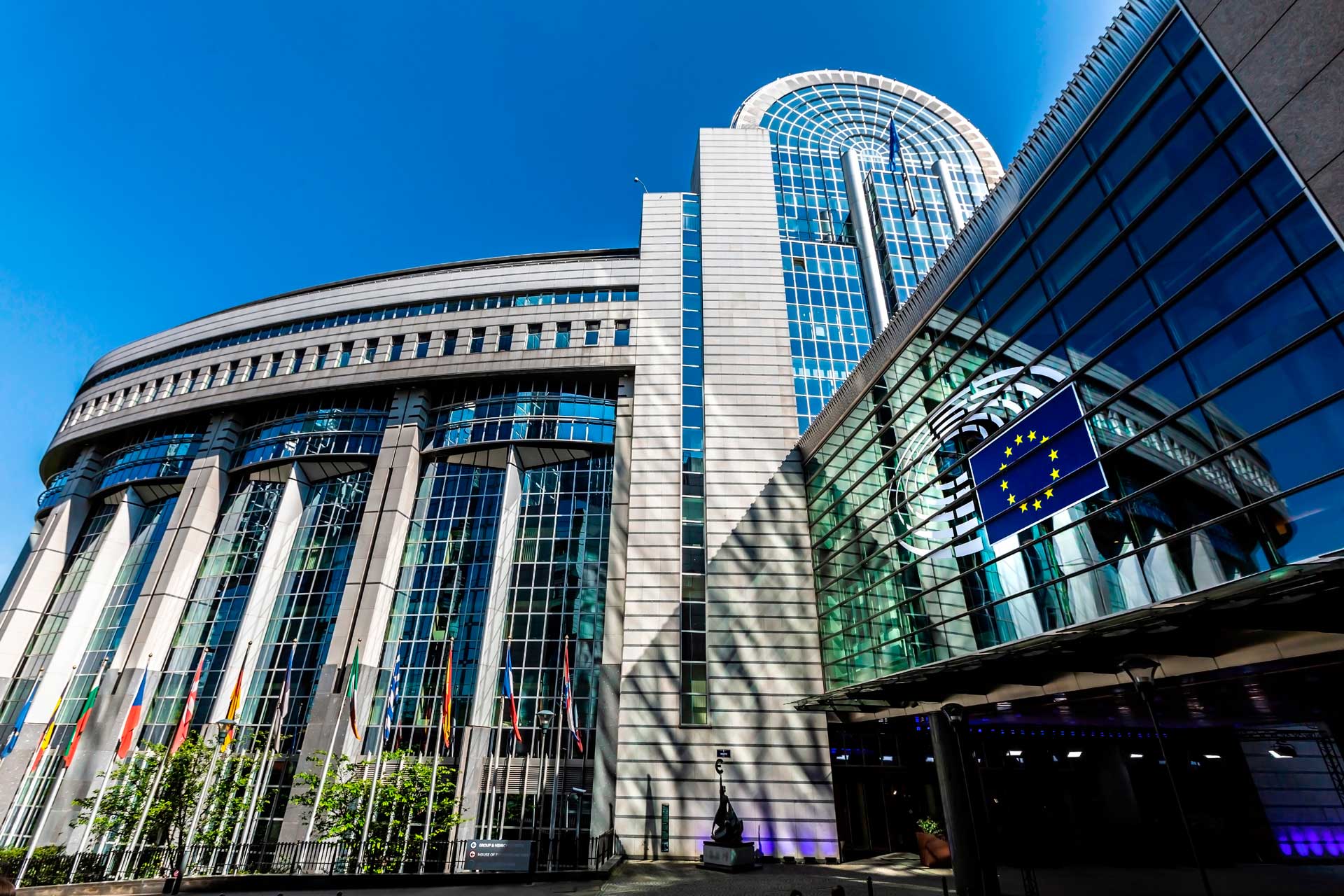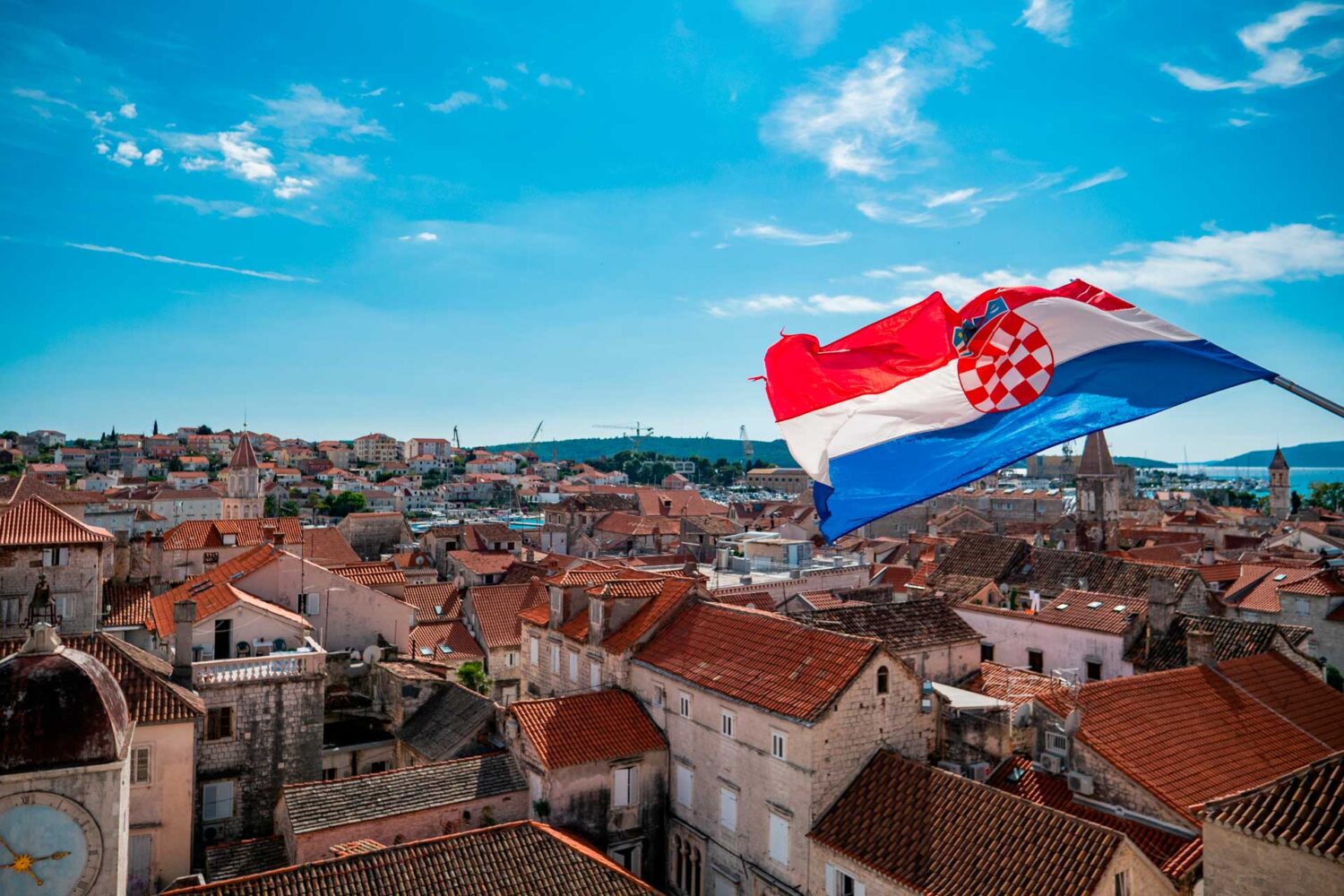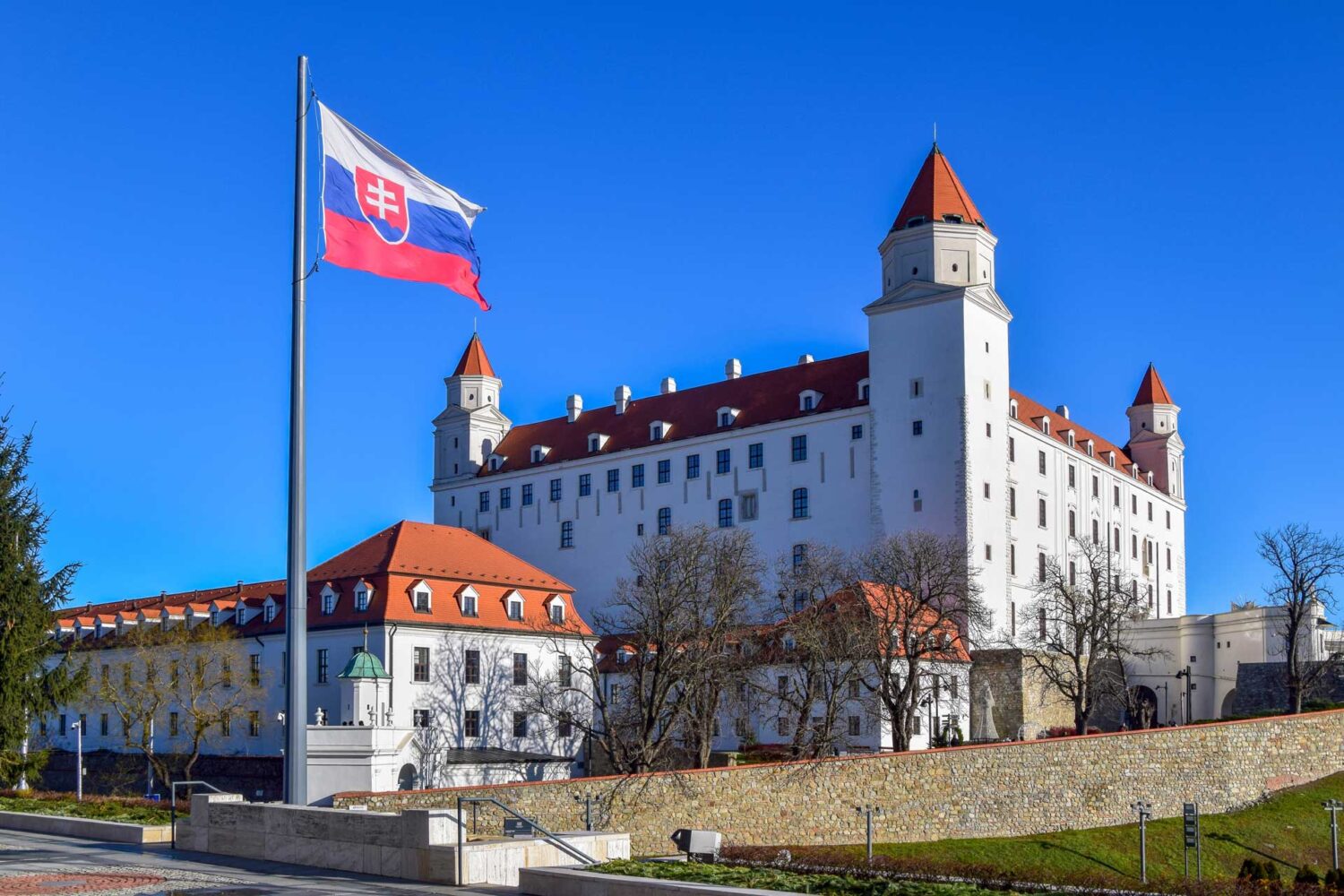Citizenship of the European Union (hereinafter “EU citizenship”) is an additional, supranational legal status that automatically arises for anyone who is a citizen of any EU member state. It is not “applied for” separately or issued directly: first one obtains the citizenship of a specific EU country, and along with it comes the full set of EU citizen rights.
Why is this especially relevant in 2026? In recent years, Europe has shifted its legal approaches and practices: the Union has consistently abandoned the idea of “citizenship by investment,” while at the national level, countries have adjusted naturalization timelines and conditions, language and integration requirements, and approaches to citizenship by descent. As a result, there is no longer a universal “fast track,” and the right strategy depends on your starting position: whether you have verifiable European roots, whether you are prepared to live and work in a particular country, how important dual citizenship is for you, and what timelines are acceptable.
In this article, we will explain how to realistically obtain an EU passport in 2026 through the citizenship of a specific country: what the “by descent” route means, how classic naturalization through residence works, when marriage can accelerate the process, how an investor residence permit differs from a “passport,” what timelines are common in popular jurisdictions, and where to start in order not to lose time and money. The goal is to provide a practical roadmap with solid legal foundations, so you can choose the scenario that best aligns with your goals, resources, and planning horizon.
Check your chances of getting an EU passport through a simplified procedure
Sign up for a free consultation to learn more from the experts at Mycitizenagency as soon as possible
Roadmap for 2026: Four Legal Pathways
Before choosing a pathway, it’s important to understand the logic: EU citizenship is obtained only through the citizenship of a specific country. In 2026, there are no “fast” universal schemes: the speed of the ancestry route depends on the depth of proof and the rules of the country; naturalization is predictable but requires many years of lawful residence and integration; marriage accelerates the process only where this is explicitly provided for under national law; and an investor residence permit remains merely a starting point for the long journey through residence. Below is how these mechanisms work in practice.
By Descent (jus sanguinis)
If you have ancestors who were citizens of an EU member state, you may automatically qualify for citizenship of the Union. The mechanism and depth of this “ancestry” route differ greatly between countries — and in 2025 this is particularly evident.
Slovenia. Repatriation to Slovenia is an accelerated path to citizenship “by descent”: the candidate obtains a residence card, lives in the country for about 12 months, and then applies for citizenship. Eligible participants include emigrants and their descendants up to the fourth generation, provided a link to Slovenia is proven. Requirements include basic proficiency in Slovenian, proof of stable income, a clean criminal record, and taking an oath of allegiance; as a rule, retention of the original citizenship is allowed (unless prohibited by the law of the country of origin). The required documents include a passport and application form, evidence of descent along the ancestral line, a police clearance certificate, proof of 12 months of residence, and payment of fees. The law does not guarantee exact timeframes, but in practice the procedure takes around 4 to 12 months.
Romania. One of the “deepest” channels in the EU: under Article 11 of Law No. 21/1991, former Romanian citizens and their descendants up to the third degree (children, grandchildren, great-grandchildren) may restore or obtain citizenship without a residence requirement in the country and with the possibility of retaining another citizenship. Applications are submitted through the Autoritatea Națională pentru Cetățenie (ANC) in Bucharest, its regional offices, or Romanian diplomatic missions abroad. Starting in 2025, the ANC specifically emphasizes the Romanian language requirement for applicants under Articles 10–11 (see current notices and document lists). In practice, this means that if you have Romanian roots up to the great-grandparent level, the Article 11 route remains one of the shortest in the region.
Bulgaria. The “by descent” pathway is directly enshrined in Article 15 of the Bulgarian Citizenship Act: a foreigner of Bulgarian origin may naturalize without several of the general conditions of Article 12 (including long-term residence and others). The law requires official documents proving descent from at least one ancestor up to the third degree who is “of Bulgarian origin.” Applications are submitted in person to the Bulgarian Ministry of Justice or through a consulate, and an interview is conducted. For “by descent” applicants, a shortened internal processing time is set (legislation specifies a 9-month benchmark for this type of petition at the ministerial review stage). In practice, it is critical to immediately collect the full “chain” of civil status documents and archival certificates about the ancestor.
Ireland. If a parent is an Irish citizen, or if a grandparent was born in Ireland, citizenship is granted through the Foreign Births Register. Once entered into the register, you become a citizen and are entitled to an Irish passport. This is officially confirmed by the Irish Department of Foreign Affairs.
Italy. In spring 2025, Italy sharply narrowed the scope of jure sanguinis: the automatic right by blood is now limited to two generations (parent or grandparent, not “indefinitely”). This follows from the Italian Ministry of Foreign Affairs report and consular clarifications on the new regulation (amendments to Law No. 91/1992, including Law No. 74 of 23.05.2025), and has been confirmed by international media. In practice, if your Italian ancestor is only a great-grandparent, without intermediate naturalization, the former “broad” scenario no longer applies.
⚠️ Conclusion on ancestry. In 2026, trends in the EU are diverging: Italy is tightening, while Slovenia and Romania maintain a wide window up to the third generation; Ireland and Bulgaria remain consistently open to “grandchildren.” Check your family line and the specific national law — this is still the fastest and most cost-effective route if you qualify.

Naturalization through Residence (residence → naturalisation)
This is the “classic” route: legally residing for X years, integrating (language/test), and proving “inclusion” and a clean record.
Germany (2024 reform). Since June 27, 2024, the modernized citizenship law has been in effect: the basic residence requirement has been reduced from 8 to 5 years; in cases of “special integration achievements,” it may be as little as 3 years. Broad dual citizenship is now permitted. Source: the official BMI website and the German government portal.
Spain. The general requirement is 10 years of lawful residence; for citizens of Ibero-American countries, Andorra, the Philippines, Equatorial Guinea, Portugal, and persons of Sephardic origin, the period is reduced to 2 years. These rules are confirmed by the Spanish government portal (Administracion.gob.es) and recent legal guides.
Greece. The basic requirement is 7 years (with some exceptions); language proficiency and a “citizenship test” are mandatory (the Ministry of Interior provides an official booklet online). Decisions are published in the Government Gazette.
Through Marriage to an EU Citizen
This is not “automatic”: joint residence and integration are usually required, but the period to naturalization is often shorter than under the general rule. The specifics are determined by national law (see country sections above and official resources).
“Investment” Scenarios: What Remains After 2025
The classic “citizenship by investment” schemes in the EU have effectively been removed from the agenda. On April 29, 2025, the Court of Justice of the EU ruled that Malta’s “golden passport” program was incompatible with Union law: citizenship cannot be sold. This is a landmark precedent that effectively closed the direct money-for-passport route.
At the same time, residency-by-investment programs (Golden Visa) still exist in several countries — but these grant residence permits, not citizenship. The path looks like this: investment → residence permit → years of residence → naturalization under the general rules.
Find out details about applying for an EU passport at a free consultation
Fill out the simple form and an immigration lawyer will contact you shortly
Practical Algorithm (to Avoid Losing Time and Money)
Below is a short filter-algorithm to help eliminate unrealistic options and build a workable plan: check eligibility by descent, choose a country for residence/marriage or an investor residence permit, review language and financial requirements, and create a checklist of documents, a timeline, and a budget considering the 2024–2025 legal changes.
- Diagnose Your “Roots.” Check ancestral lines for Bulgaria, Romania, Slovenia, Ireland, and Italy. If you qualify by descent, this is almost always the fastest route.
- If You Have No “Roots” — Choose a Country for Residence. Germany (5 years and dual citizenship), Portugal (5 years and full credit for residence permit waiting periods), Spain/Greece (10/7 years, with simplifications for certain categories). Compare language requirements, dual citizenship rules, taxes, and labor market opportunities.
- Golden Visa ≠ Passport. A GV means residence, not citizenship — it is a “ladder” leading to naturalization through years of residence. In Portugal, real estate is no longer an option; in Greece, minimum investment thresholds have increased. Plan for life and integration, not just an investment.
- Monitor Legal Updates. 2025 has shown that major shifts (e.g., CJEU ruling on Malta, Italy’s restrictions on ancestry claims) can change strategies overnight. Always include a legal review before filing.
Common Mistakes Applicants Make in 2025
- Betting on a “fast-track passport” through investment. After the CJEU ruling on Malta, no direct CBI schemes remain in the EU. Choose pathways where residence and integration are the key.
- Ignoring the new Italian framework. Millions of “descendants” are no longer eligible — check whether your case has been “reset.”
- Incorrect calculation of residence periods. Since 2024, Portugal counts residency from the date of the residence permit application — this can shave months off the waiting time.
- Misunderstanding “effective residence.” Spain requires actual presence and continuity — “formal” residence permits without living in the country don’t work.
If you have an ancestral line — start there (Slovenia/Romania/Bulgaria). Checking documents and the specific legal nuances of the country is a must. If you don’t have “roots,” choose a residence country that fits your goals. Investments now serve only as a way to obtain residence and “start” naturalization, not to “buy a passport.”
Advantages: Why Obtain an EU Passport in 2026
An EU member state passport is not just an abstract “status,” but a tangible set of rights and opportunities that take effect immediately after naturalization. In 2026 this is particularly relevant: major legal reforms in recent years have made life easier for those willing to follow legal pathways (for example, Germany now allows multiple citizenships and reduced the naturalization period, while Portugal began counting residence from the moment of the first residence permit application). In practice, this means fewer compromises when choosing a country and a more predictable planning horizon.
The key benefit is full mobility: you can live, work, start a business, and study in any EU country without work permits and with equal access to the labor market and services. Family logistics become simpler: spouses and children relocate under clear rules, diplomas and qualifications are more easily recognized, education is often available on the same terms as for local students, and healthcare is covered across the Union under familiar mechanisms of mutual rights recognition. For entrepreneurs and professionals, it also means direct access to the single market, funding, grants, and the freedom to sell across Europe.
There is also a political and legal dimension: you can vote in European Parliament elections and local elections in your country of residence, initiate EU-wide changes through the European Citizens’ Initiative, communicate with EU institutions in any official language, and rely on consular protection from any member state where your own country lacks representation. This provides an additional “safety net” in case of emergencies and strengthens personal legal security.
Finally, an EU passport is a long-term “option of choice”: you can freely move between countries within the Union, test different tax and career regimes without visa barriers or risks of losing status. Taxation is based not on citizenship but on tax residency, which allows for flexible financial planning. In the context of 2026, when legal pathways have become clearer, obtaining EU citizenship is a strategic decision that translates into mobility, security, and expanded opportunities for you and your family.
Find out how to obtain citizenship faster
Frequently Asked Questions about EU Citizenship
We have compiled answers to the most common questions about obtaining EU citizenship. If you did not find the information you were looking for or want to learn more about the requirements, timelines, and benefits of EU passport, contact us for a free consultation.

Usually, a language level of A2–B1, basic knowledge of civics/constitutional order, a clean criminal record, and financial self-sufficiency. Example: in Germany the requirement is B1 German + the Einbürgerungstest (test on German law and society).
No direct “citizenship for money” programs exist. After the CJEU ruling on Malta and the tightening trend, only investor residence permits remain (e.g., Greece), which lead to citizenship only after years of residence and integration.
No, these are different legal frameworks: the EU is a political and economic union, while Schengen is a zone without internal border checks (including some non-EU states). Citizenship of any EU country automatically grants the right to live and work in the EU, while Schengen facilitates travel within the zone.
Yes, once you obtain citizenship of any EU member state, you and your family members enjoy the right of free movement and residence across the EU.
The three main ones are: naturalization through residence, citizenship “by descent” (jus sanguinis) where available, and rare cases of citizenship granted for “exceptional achievements” (e.g., Austria §10(6) StbG).
Yes. Our team offers full assistance at every stage of the EU citizenship process — from initial consultation to obtaining your passport.
Yes — more than ever. Passports from all EU member states remain among the highest-ranked in the world, allowing visa-free travel to most countries globally. According to the 2025 Henley Passport Index, over two dozen EU countries hold positions in the list of the world’s most powerful passports, reaffirming Europe’s leadership in global mobility. Meanwhile, the United States has dropped out of the top 10 for the first time in 20 years, making an EU passport an even more valuable asset for those seeking maximum travel freedom and international opportunities.




